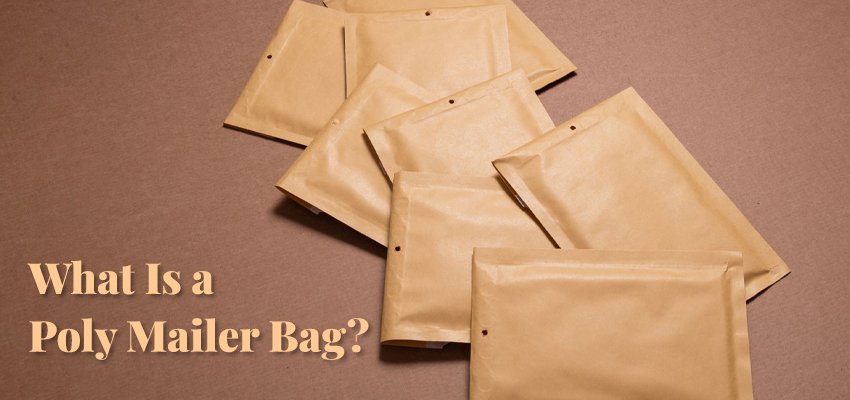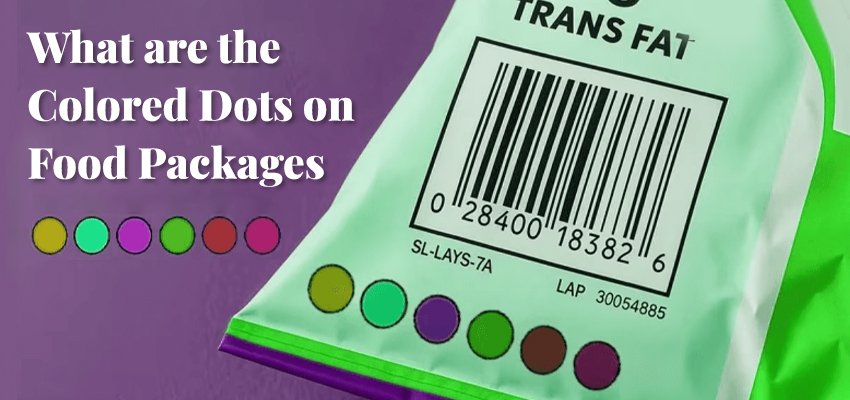The world of product packaging is always evolving, with innovations providing convenience, efficiency, and sustainability. Among the most popular options for single-use, portion-controlled products are sachet and stick pack packaging.Both formats have distinct benefits and are widely used across industries such as food, pharmaceuticals, and personal care.In this blog, we'll explore the differences between sachet and stick pack packaging, their applications, and how to choose the right one for your product.
What Is Sachet Packaging?
Sachet packaging consists of flat, rectangular packets made from flexible materials like plastic, foil, or paper.They are sealed from all sides to protect the contents. This format is ideal for powders, granules, and liquids. It is often used for single-serving applications.
Key Features Of Sachet Packaging
These are as follows:
1. Shape And Design
Simple, flat, and compact for easy storage.
2. Applications
These are frequently used for food items like sugar, condiments, and instant coffee, as well as pharmaceuticals and personal care products.
3. Versatility
They work well with different sealing technologies and can accommodate a variety of materials.
4. Packaging Machines
Sachet packaging machines are equipped for high-speed production, offering efficiency for large-scale operations.
What Is Stick Pack Packaging?
Stick pack packaging is a sleek, cylindrical alternative that is designed to hold single portions of powders, liquids, or gels. Its slender shape allows for easy handling and portability.
Read More: The Essential Guide To Food Packaging Machines
Key Features Of Stick Pack Packaging
These are discussed below:
1. Shape And Design
Slim and tubular, perfect for convenience and portability.
2. Applications
Commonly used for energy drinks, powdered supplements, and pharmaceutical products like oral rehydration salts.
3. User-Friendly
The narrow opening makes pouring or dispensing contents precise and mess-free.
4. Packaging Machines
Stick pack packaging machines are designed for products requiring precise portion control and can handle high production rates.
Sachet VS Stick Pack: A Detailed Comparison
| Aspect | Sachet Packaging | Stick Pack Packaging |
| Shape | Flat, rectangular | Slim, cylindrical |
| Portability | Compact but less ergonomic | More portable and user-friendly |
| Material Usage | Typically requires more material | Uses less material, making it cost-effective |
| Applications | Suitable for liquids, powders, and personal care | Ideal for powders, gels, and beverages |
| Dispensing | Can be messy when opening | Designed for easy and precise pouring |
| Aesthetic Appeal | Simple, often less attractive | Sleek and modern |
| Eco-Friendliness | Depends on the material choice | Requires fewer materials, making it greener |
Applications In Key Industries

These are discussed below:
1. Food And Beverage
Stick Pack
Popular for instant coffee, powdered drink mixes, and energy boosters.
Sachet
Widely used for ketchup, sugar, and tea portions.
2. Pharmaceuticals
Stick Pack
Preferred for powdered medicines and electrolyte supplements due to easy dosing.
Sachet
Ideal for liquid medications and topical ointments.
3. Personal Care
Stick Pack
Suitable for single-use face masks or hair treatments.
Sachet
Often used for shampoo, conditioner, or lotion samples.
Advantages Of Sachet And Stick Pack Packaging
Advantages Of Sachet Packaging:
These are as follows
1. Customizable Size
Flexible dimensions to suit various product quantities.
2. Large Surface Area
Ample space for branding and instructions.
3. Versatility
Compatible with a wide range of product types.
Advantages Of Stick Pack Packaging:
These are as follows
1. Compact And Convenient
Easily fits in pockets or bags, perfect for on-the-go consumers.
2. Eco-Friendly
Uses up to 40% less material compared to sachets.
3. Precision
Ensures clean and easy product dispensing.
Choosing The Right Packaging For Your Product

The decision between sachet and stick pack packaging depends on several factors:
Product Type
Stick packs are ideal for powdered and dry products, while sachets can handle liquids and creams more effectively.
Target Audience
Consider the end-user’s preferences. Stick packs often appeal to younger, active demographics.
Cost
Stick packs are generally more cost-efficient due to lower material usage.
Environmental Impact
Stick packs are often the greener choice, reducing packaging waste.
Final Words:
Both sachet and stick pack packaging offer unique advantages, making them crucial for industries like food, pharmaceuticals, and personal care.By understanding the strengths of each format, you can select the ideal packaging solution that meets your product's needs and resonates with your target audience.Your Box Packaging is here to assist you every step of the way, delivering creative and sustainable packaging solutions that make a difference.Contact us today via email at sales@yourboxpackaging.com to explore your options and redefine your packaging strategy!



